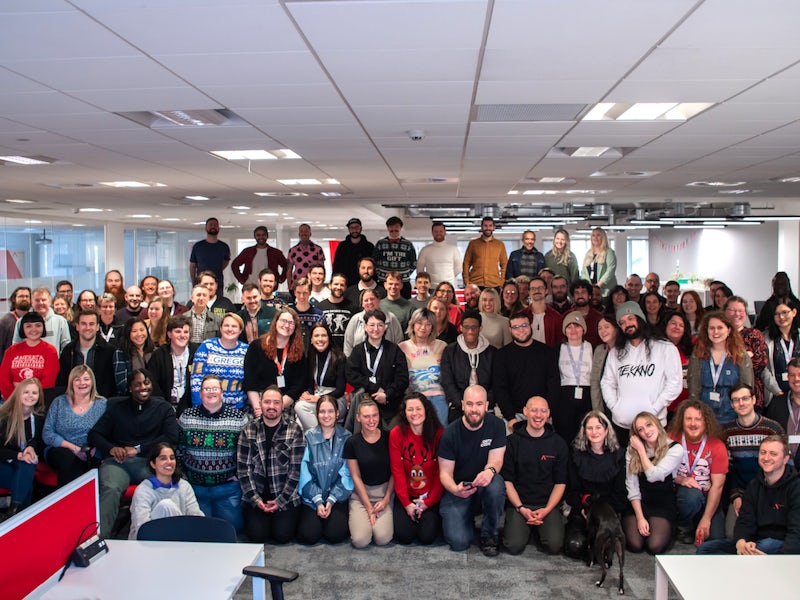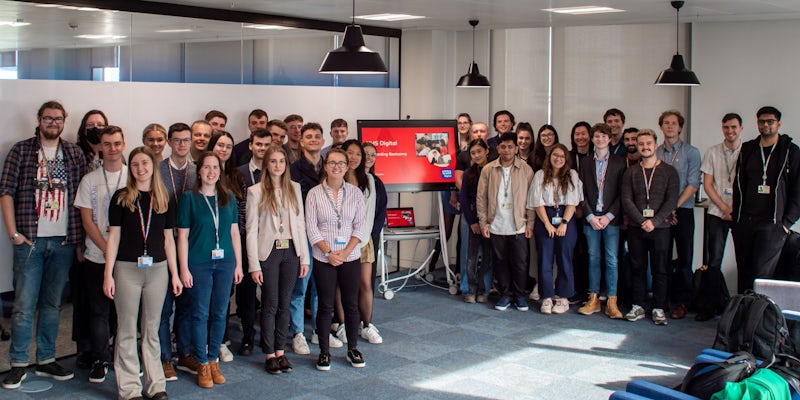Press Release
Northcoders marks new year with milestone 100 employees and 1,500 graduates trained

Northcoders – one of the UK’s leading independent providers of training programmes for software coding and data engineering – has hit two major milestones as it enters the new year.
The firm has recruited its 100th employee, and over 1,500 people have now graduated from its courses and kick-started their new careers in tech.
Northcoders, which was established in 2015 and floated in July 2021, has grown to become a market leader in the tech training space. It operates a hybrid structure with flagship sites in Manchester and Leeds. It also has hubs in Newcastle and Birmingham.
Northcoders’ coding school offers bootcamp courses using IP-rich technology to consumers from a range of backgrounds, delivered through virtual and physical learning. It also works with blue chip corporates across multiple sectors to supply innovative solutions for the upskilling and reskilling of employees.
Over the course of 2022, the business grew its roster of hiring partners to over 400 businesses, launched a dedicated 13-week full-time data engineering course – the first cohort will be graduating this month, partnered on various bursary and scholarship schemes to help address diversity in tech, secured major projects for its Developer Incubator solution – including with R² Factory, which is part of Rolls Royce Group, and worked with both private and public sector organisations - including NHS Digital and KPMG – as onboarding academy partner.
2023 is set to be another year of growth with brand new courses and product launches as well as new campus locations being planned.
Chris Hill, CEO of Northcoders, commented: “Making careers in tech accessible for all is at the very heart of everything we do at Northcoders. This feels just the beginning and I can’t wait to see what 2023 brings. It’s set to start with a bang as early January will see the first graduation from our data engineering course. That will be a landmark day – especially as the demand for those particular skills is so high from employers working across many sectors.”


